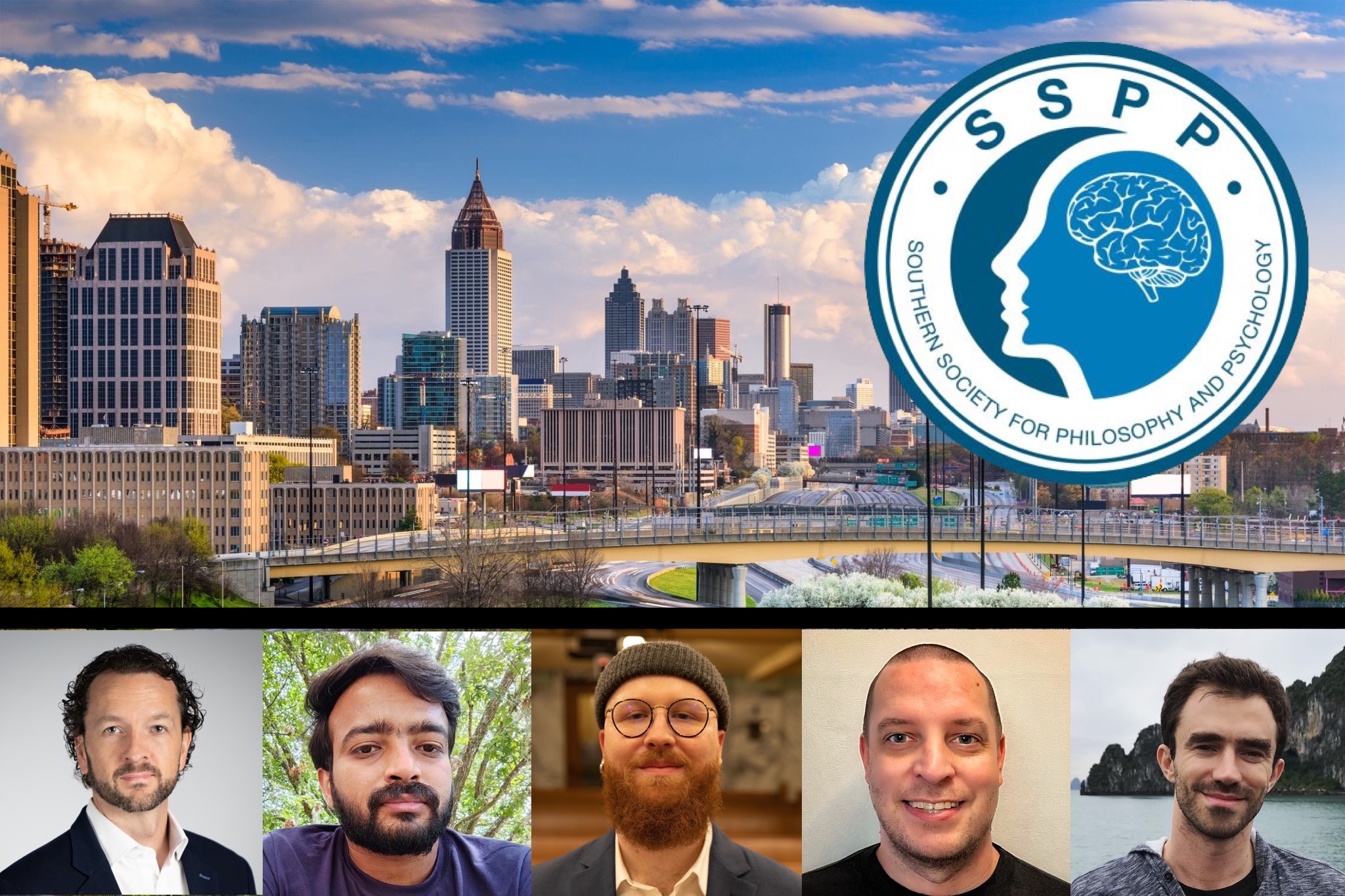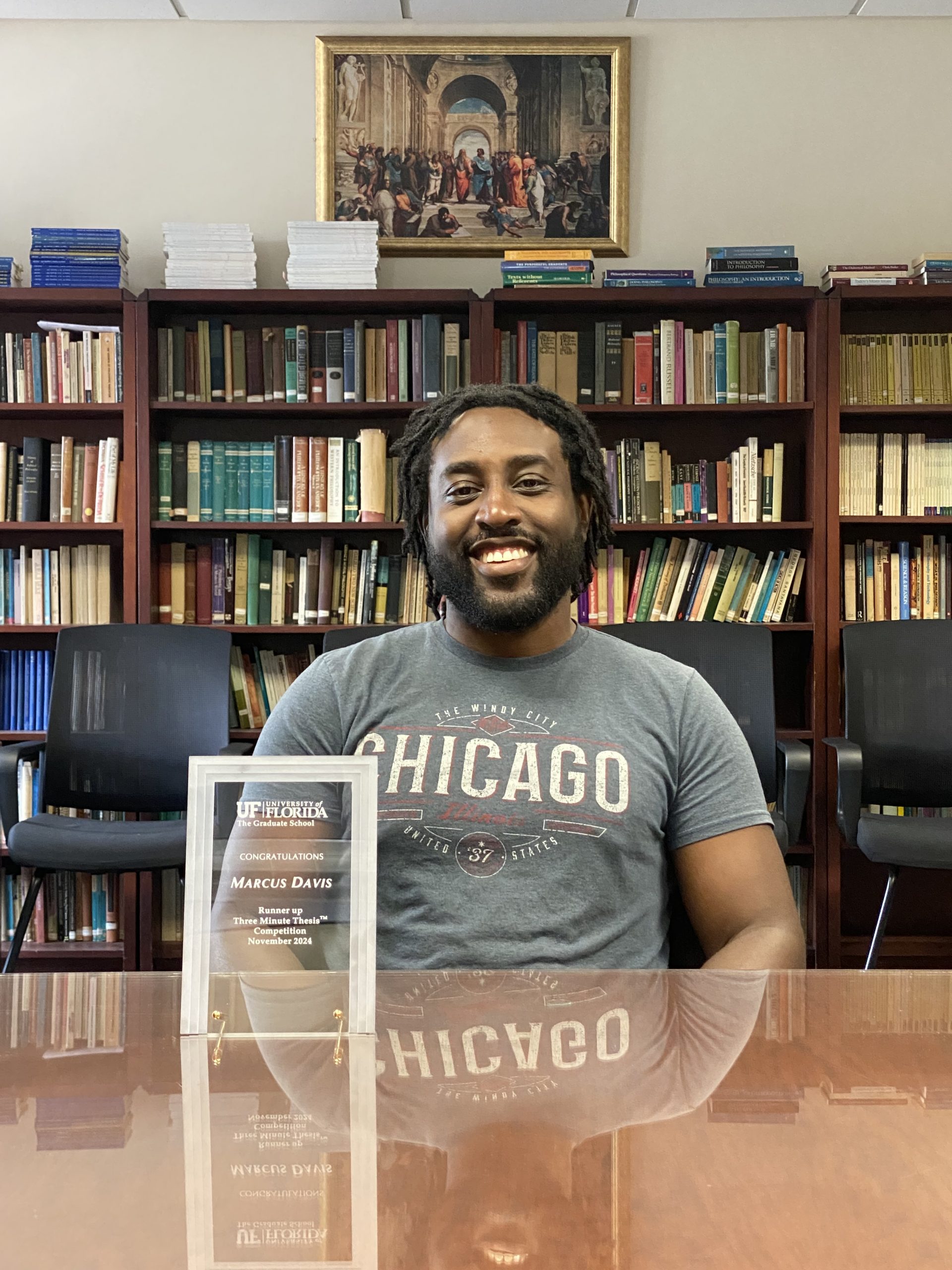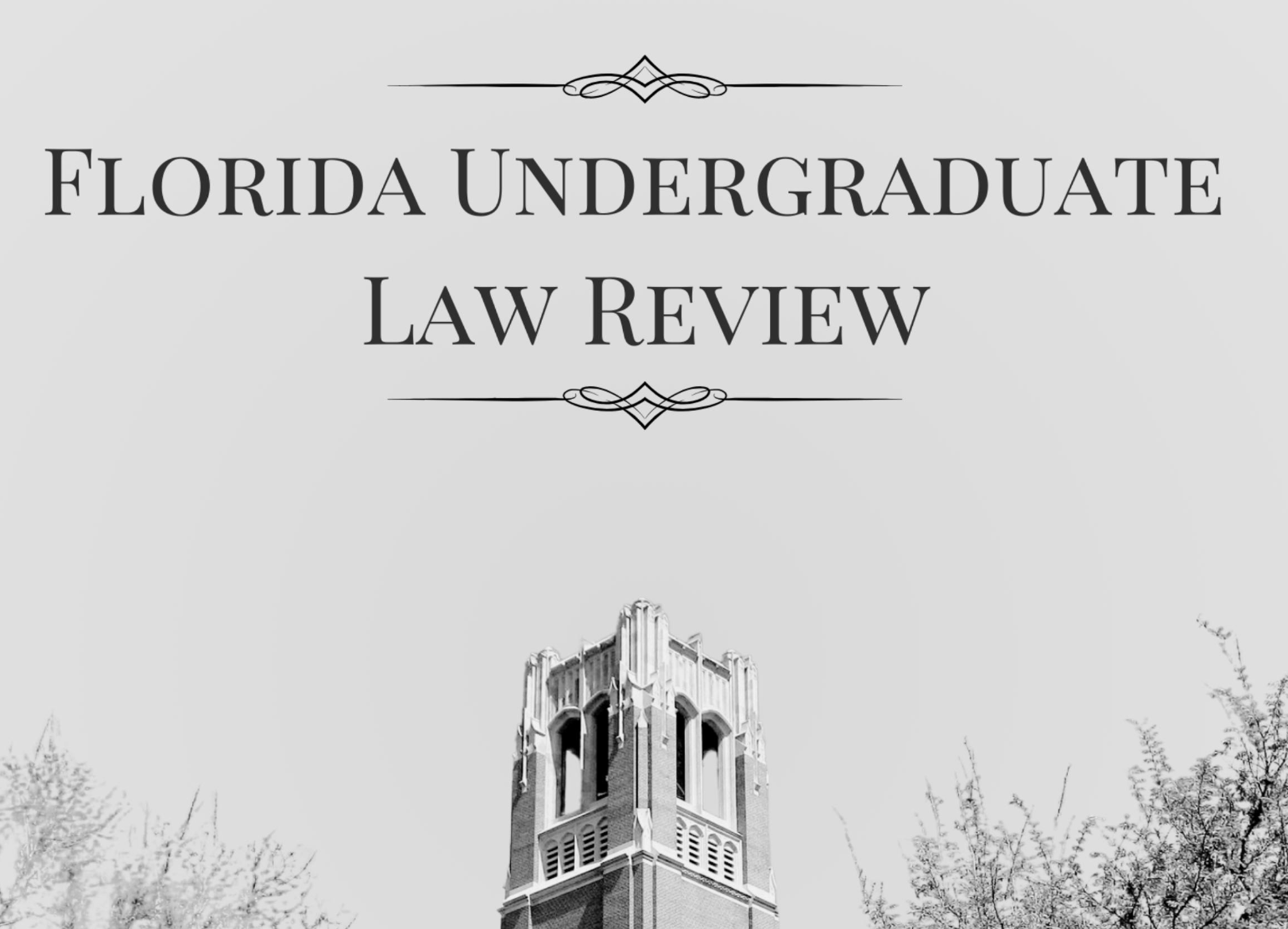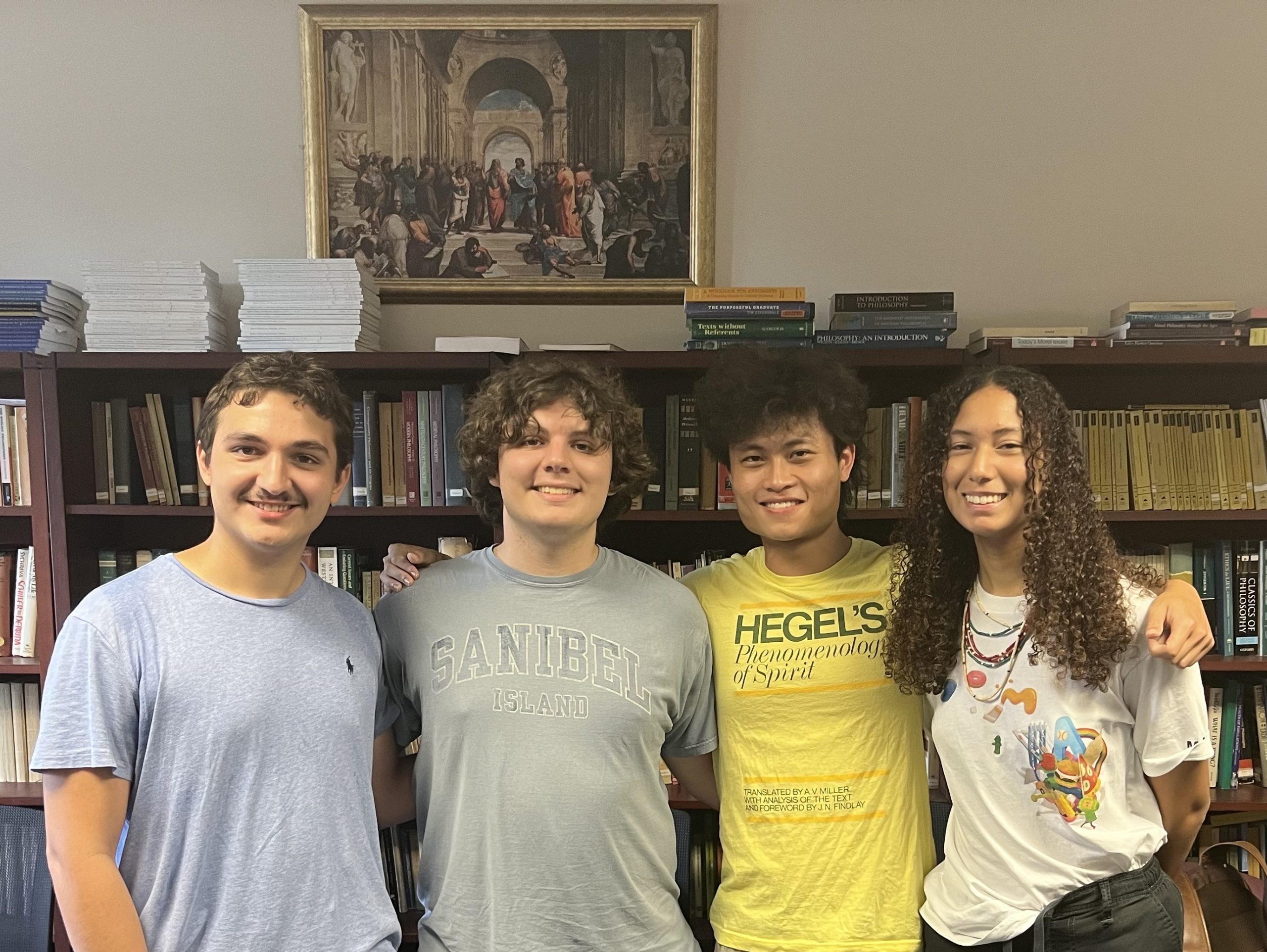Department Publications
- Arina Pismenny, “How to think differently about love.” Psyche. February 12, 2025
Arina Pismenny critiques cultural myths about romantic love, such as the "soulmate" narrative, and encourages a more realistic, inclusive, and nuanced understanding of love’s complexities.
- Arina Pismenny, “When is Jealousy Appropriate?” Dialectica. January 6, 2025
Arina Pismenny argues that romantic jealousy is rational or fitting when it responds to a real threat to the lover’s privileged status with the beloved. In polyamorous relationships, differing norms raise the thresholds for what counts as a “threat” or “rival" compared to monogamous contexts.
- John Biro and Harvey Siegel, “Speech Acts and Reasonableness in Pragma-Dialectics.” Topoi. December 18, 2024
John Biro and Harvey Siegel critique the pragma-dialectical account of argumentation, arguing that its reliance on speech act theory fails to address the core tension between reasonableness and convincingness in argumentative discourse. By showing that these qualities vary independently, the authors suggest that the framework cannot resolve its central theoretical challenge.
- Jack Madock, “Robot warfare: the (im)permissibility of autonomous weapons systems.” AI and Ethics. December 10, 2024
Jack Madock critiques prominent theories of the impermissibility of autonomous weapons systems (AWS) by demonstrating contradictions when applied to ideal warfare scenarios, where AWS achieve the best possible outcomes. He also examines the future role of AI in warfare and its ethical challenges.
- Rusong Huang, “An Inferentialist Account of Proper Names.” Studia Semiotyczne. December 5, 2024
Rusong Huang defends an inferentialist account of proper names within Robert Brandom’s framework, addressing objections from Russellian and Millian perspectives: that inferentialism collapses into a description theory and that proper names lack conceptual content as meaningless tags.
- James Simpson, “Fallibilists Can Deal with Concessive Knowledge Attributions.” Erkenntnis. December 4, 2024
James Simpson addresses the challenge concessive knowledge attributions (CKAs) pose to fallibilism, given their apparent infelicity. By examining and refining two prominent responses—Patrick Rysiew’s pragmatic strategy and Jason Stanley’s semantic strategy—he argues that fallibilists can resolve the issue: either the pragmatic strategy succeeds, or, if it fails, the semantic strategy succeeds, showing that CKAs are not a grave problem for fallibilism.
- James Simpson, “The Dogmatism Puzzle Undone.” Analytic Philosophy. October 7, 2024
According to the dogmatism puzzle, if a person knows something, then they are entitled to disregard any evidence against it. Various forms of the puzzle have been raised, but here James Simpson argues that all of them rest on a false assumption, namely that if a person knows something, they also know that any evidence against it is misleading.
- Greg Ray, “A Return to Right Intention in the Just War.” Journal of Military Ethics. October 5, 2024
The criterion of right intention in just war theory has sometimes been thought to be an unnecessary requirement or that it cannot be spelled out in any satisfactory way. Using an action-theoretic analysis of the criterion, Greg Ray argues that such negative conclusions are unwarranted.
- Hunter Gentry and Cameron Buckner, “Transitional gradation and the distinction between episodic and semantic memory.” Philosophical Transactions of the Royal Society B. September 17, 2024
Hunter Gentry and Cameron Buckner argue that we should replace the distinction between episodic and semantic memory with a more dynamic conception of the life cycle of memories that allows one to gradually shade into the other.
- Arina Pismenny, Gen Eickers, and Jesse Prinz, “Emotional Injustice.” Ergo. May 3, 2024
Arina Pismenny and her co-authors develop a taxonomy of emotional injustice: what occurs when the treatment of emotions is unjust, or emotions are used to treat people unjustly. They describe seven classes of emotional injustice, and explain why it is useful to distinguish them and also to subsume them under a single concept.




